Yiwu’s rise as the “world’s capital of small commodities” has created two parallel pathways for overseas buyers: coming in person to inspect and negotiate face-to-face, or ordering remotely through trading companies like BAIRUIDA. Both channels have distinct strengths, and many merchants today blend the two into a hybrid strategy.From Yiwu’s Local Sourcing Hub to a Global Supply Chain Leader
1. On-Site Procurement: Tangibility and Trust
-
Scale of visits: Every year, over 550,000 inbound trips are made by foreign merchants to Yiwu’s markets, and more than 15,000 of them reside in the city for extended sourcing missions
-
Immediate inspection: Buyers value the ability to touch samples—examining material quality, color fidelity, and craftsmanship firsthand.
-
Real-time bargaining: On the show-floor, side-by-side comparisons across suppliers fuel competitive pricing and faster decision-making.
-
Networking hub: Yiwu’s International Trade Market attracts merchants from over 210 countries, offering unparalleled diversity in products and partners.
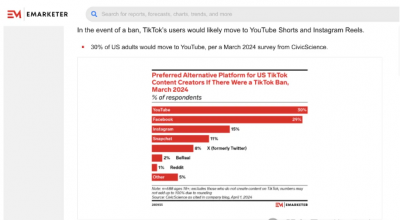
Despite global headwinds—ranging from higher tariffs to logistics bottlenecks—Yiwu still drew 2,776 foreign merchants on the first trading day after Chinese New Year 2025, a 5.2% year-on-year increase This resilience underscores buyers’ continued appetite for in-person sourcing.
2. Remote Ordering: Efficiency and Reach
-
Customs-supervised “market procurement trade”: This scheme enables overseas buyers to place orders without entering China. In 2024, remote (market procurement) orders accounted for 80.1% of Yiwu’s total exports, reflecting a seven-fold growth over the past decade
-
Digital showrooms & live streams: Trading companies organize virtual tours of factories and wholesale stalls, allowing buyers to browse catalogs in real time.
-
End-to-end services: From sample delivery and quality control inspections to consolidated shipping and after-sales support, firms like BAIRUIDA manage the entire procurement lifecycle.
-
Lower travel costs & quicker lead times: Especially for smaller orders or repeat purchases, remote procurement slashes both time and expense.
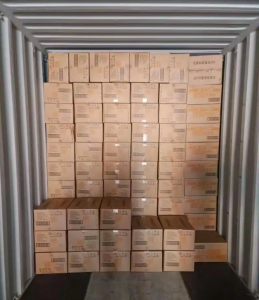
3. BAIRUIDA’s Role in Bridging the Gap
BAIRUIDA Trading tailors its services to each customer’s demands, whether they visit Yiwu or source remotely:
-
Personalized sourcing: Dedicated agents curate product lists matching exact specifications.
-
Virtual factory visits: High-definition video tours and live Q&A sessions with factory managers.
-
Rigorous QC inspections: Independent third-party checks at each production stage, with photo/video reports.
-
Logistics optimization: Consolidation warehouses in Yiwu to lower shipping costs and simplify customs clearance.
-
After-sales liaison: Rapid response teams handle any issues once the goods reach the buyer’s door.
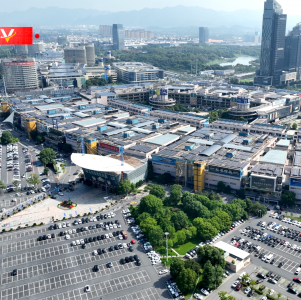
4. A Hybrid Strategy for Global Buyers
Most successful overseas merchants now adopt a hybrid procurement model:
-
Initial scouting: Combine brief on-site trips (or immersive live streams) to vet new products.
-
Bulk ordering: Leverage BAIRUIDA’s remote ordering channels for repeat or large-volume purchases.
-
Ongoing quality management: Regular third-party inspections and video updates ensure consistency.
This blended approach captures the tactile confidence of in-person deals while harnessing the scalability of digital trade services.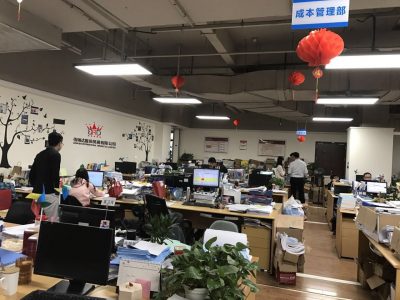
Why Buyers Still Travel to Yiwu
Despite the efficiencies of remote sourcing, on-site procurement retains unique advantages. Data from Yicai Global shows that on the first business day after Chinese New Year 2025, 2,776 foreign merchants visited Yiwu’s International Trade Market—a 5.2% increase year-on-year—underscoring a resilient appetite for in-person trade engagement even amid higher tariffs .Buyers cite benefits such as:
-
Tactile inspection of products (materials, craftsmanship, color consistency).
-
Real-time negotiations with multiple suppliers under one roof.
-
Immediate sample collection and faster lead-time decisions.
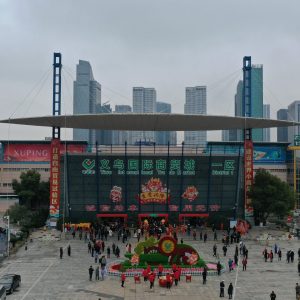
A Hybrid Future: Balancing Both Approaches
Looking ahead, most foreign merchants adopt a hybrid procurement strategy, combining periodic visits to Yiwu with continuous remote ordering. The city’s integration of e-commerce platforms, live-streamed product showcases, and efficient logistics networks has created a seamless ecosystem where:
-
Initial product scouting happens on-site (or via live video).
-
Bulk orders are placed remotely through trading firms.
-
Ongoing quality checks leverage third-party inspection services.
This hybrid model maximizes both cost-effectiveness and supply-chain agility, positioning Yiwu at the forefront of global small-commodities trade.


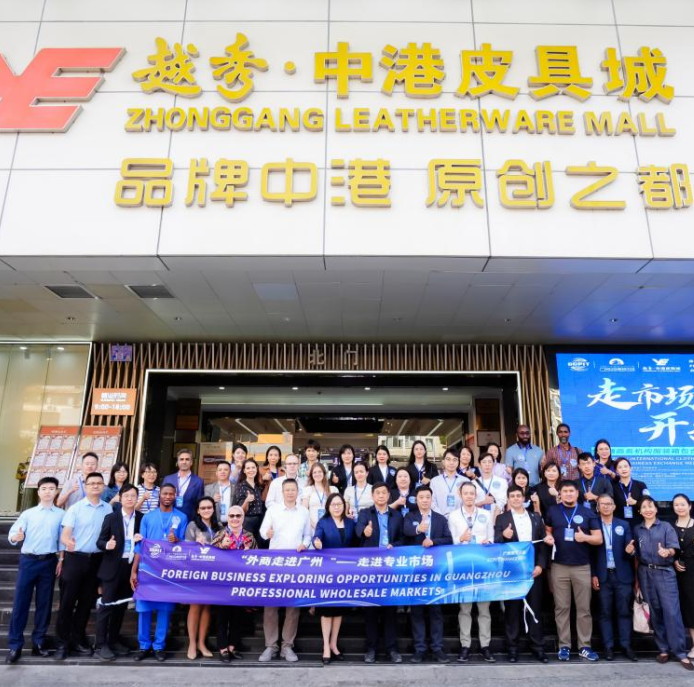
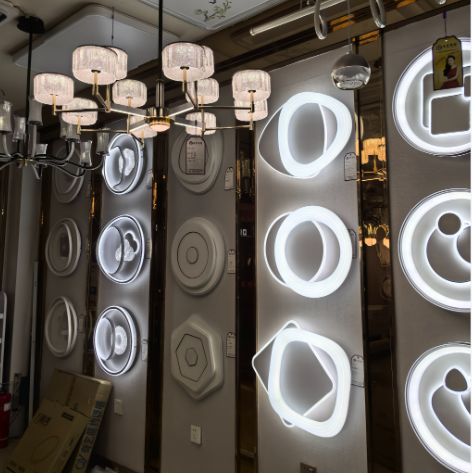
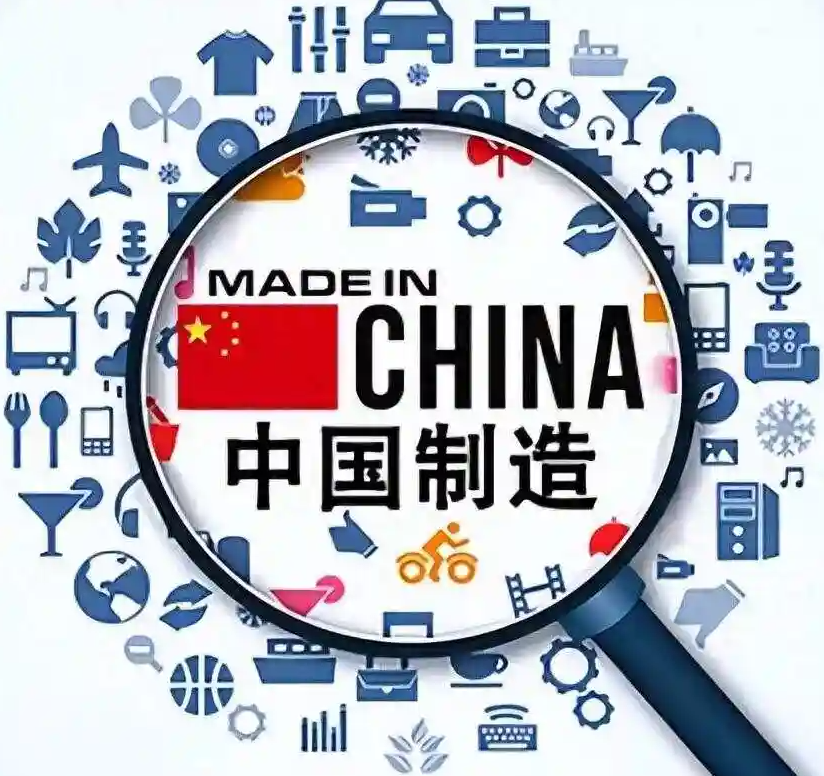
Recent Comments